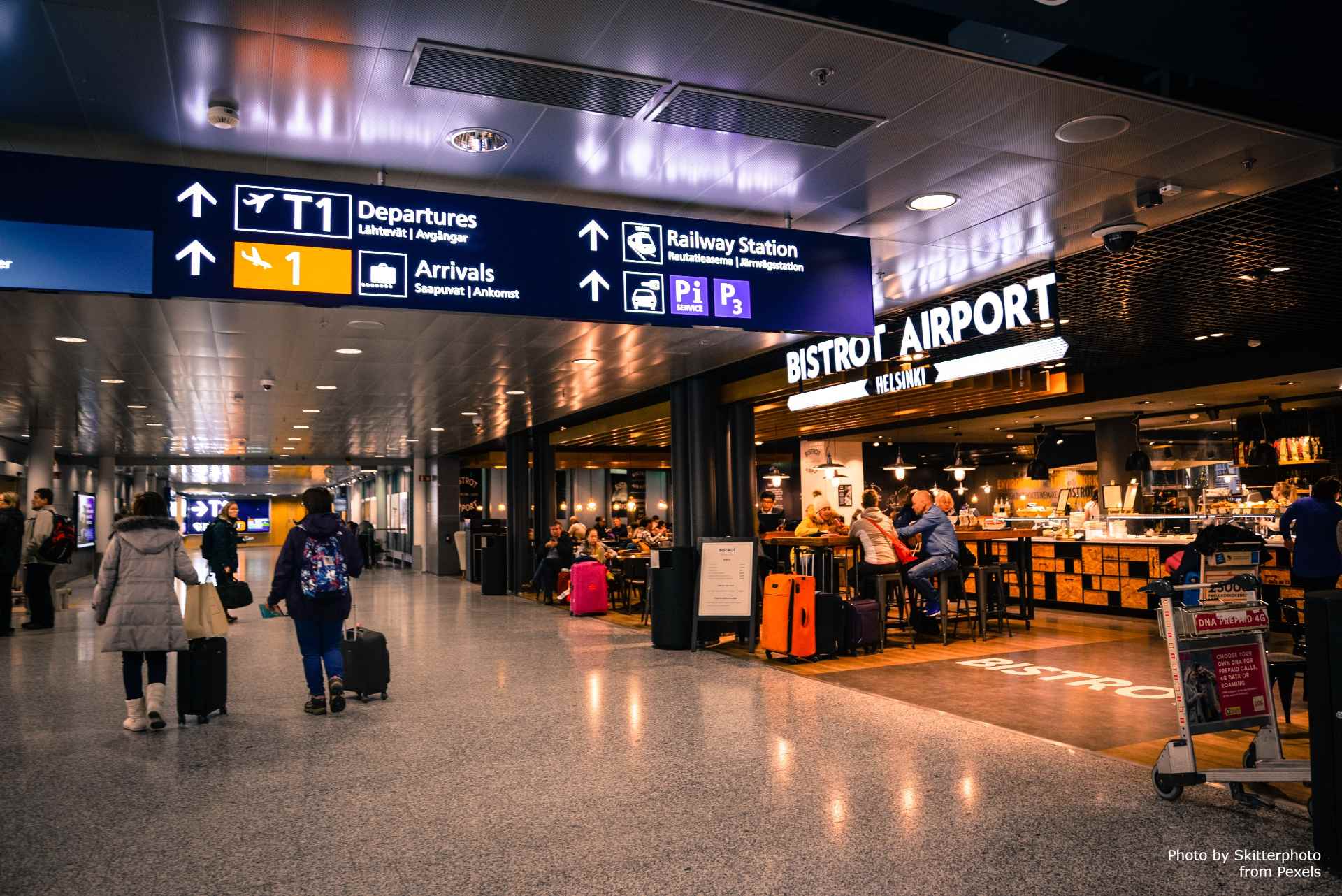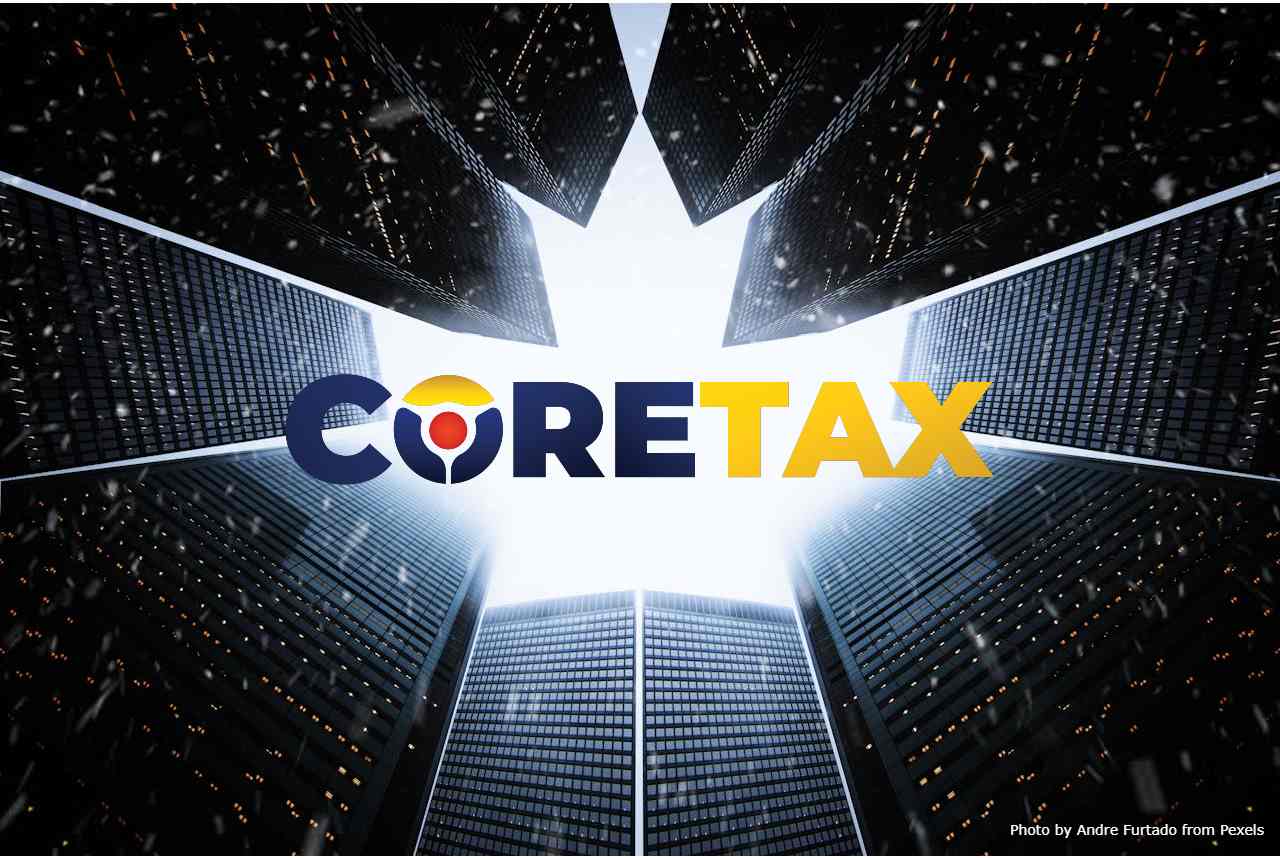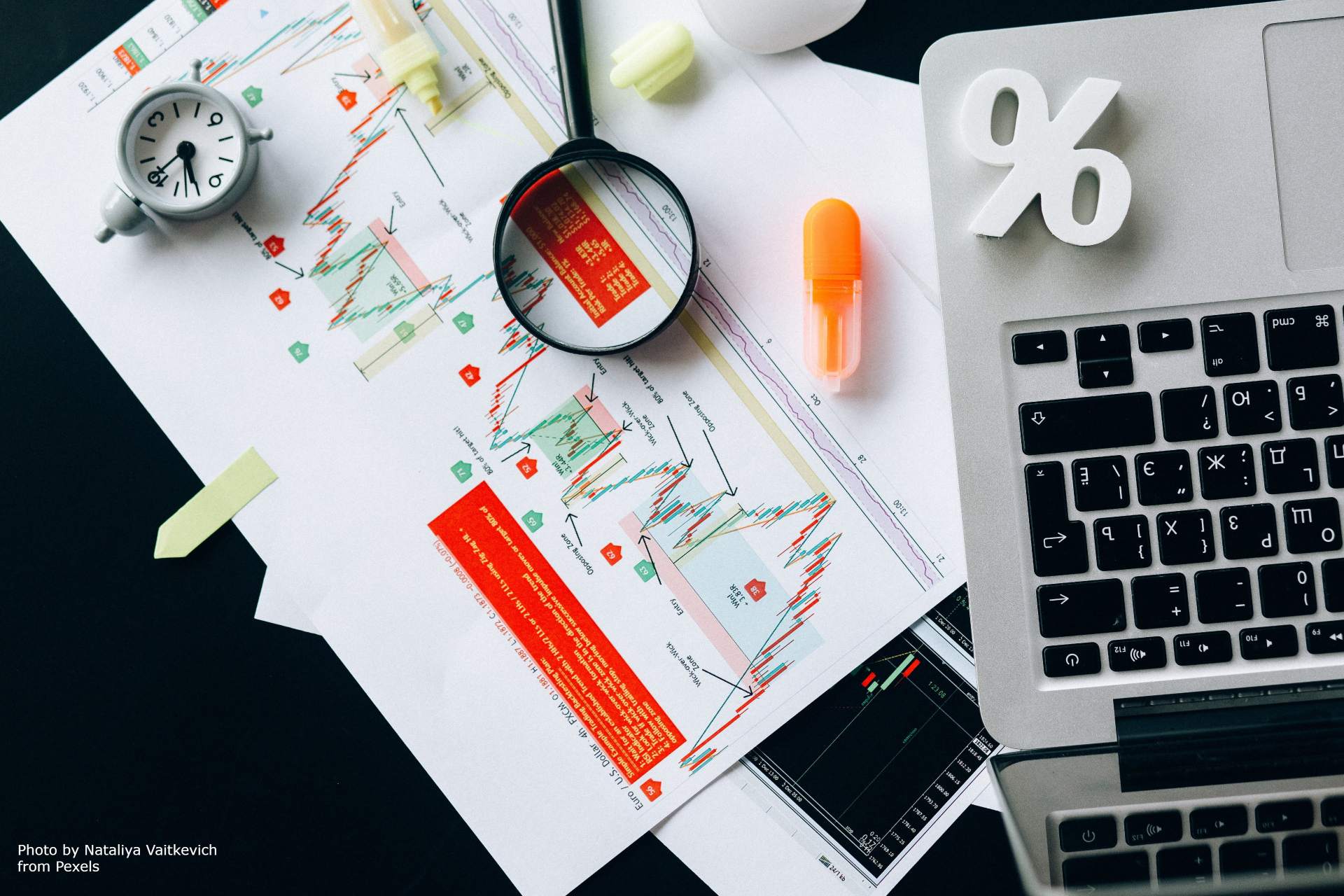Regulations Defining BOT
SE 38/1995: Defines Build Operate Transfer as an agreement where the landholder grants the investor the right to construct a building for the duration of the agreement, with ownership of the building transferred back once the agreement ends. PMK 248/1995: Defines Build Operate Transfer as an agreement where the landholder provides the investor with rights to construct a building during the BOT period, after which ownership of the building is transferred back.PP 34/2017: Describes BOT as an agreement in which the landholder grants the investor the right to build during the contract period, with ownership transferred back either after the investor begins operations or before operations commence.While all three regulations describe the same core principle of BOT agreements, PP 34/2017 introduces flexibility regarding the timing of ownership transfer, allowing it to occur either before or after operations begin.Tax Regulation Changes for BOT
Prior to 2017, income from BOT transactions was governed by Minister of Finance Decree No. 248/KMK.04/1995 and Circular Letter of the Director General of Tax No. SE-38/PJ.4/1995. The tax rate applied was 5% of the gross value of the building. With the issuance of PP 34/2017, income derived from BOT transactions is now treated as rental income. The final tax rate is set at 10% of the gross amount, based on either the market value or the Tax Object Selling Value (Nilai Jual Objek Pajak, NJOP), whichever is higher. Tax Aspects of BOT Transactions
Under PP 34/2017, all income received by the landholder from the investor is treated as rental income. Article 2, paragraph (2) of PP 34/2017 specifies that this income encompasses the following:- Income from periodic payments made throughout the BOT agreement.
- Income from the building if it is handed over before the agreement period ends.
- Income from the building transferred (or required to be transferred) upon the expiration of the BOT agreement.
- Other income related to BOT, including profit-sharing payments and fines.
bot , build-operate-transfer , tax-of-rent






